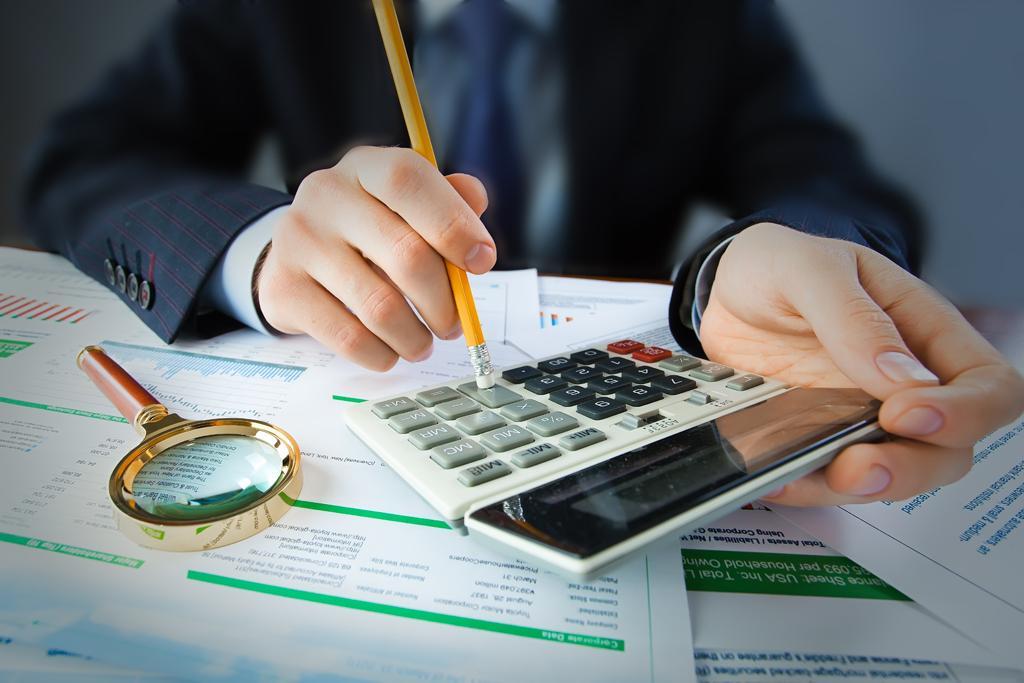What are the requirements for assuring compliance with fundamental principles of internal audit in Vietnam? - Thanh Cong (Quang Nam, Vietnam)

Requirements for assuring compliance with fundamental principles of internal audit in Vietnam (Internet image)
1. Fundamental principles of internal audit in Vietnam
According to Article 5 of Decree 05/2019/ND-CP, the fundamental principles of internal audit include:
- Independence: An internal auditor shall not be charged with performing tasks subject to internal audit. A unit must ensure that the internal audit is not affected by any interference whilst performing tasks of reporting and assessment.
- Objectivity: An internal audit must ensure objectivity, accuracy, reliability and equality during the process of performing internal audit tasks.-. Complying with laws and being held legally liable for internal audit activities.
2. Requirements for assuring compliance with fundamental principles of internal audit in Vietnam
The requirements for assuring compliance with fundamental principles of internal audit are specified in Article 6 of Decree 05/2019/ND-CP as follows:
- Internal auditor must have a fair, unbiased and unprejudiced view. Internal auditor shall have rights and obligations to report on issues that may affect his/her independence and objectivity in relation to assigned internal audit tasks.
- Internal auditor must ensure independence and objectivity. In case where the independence or objectivity is affected or is likely to be affected, the internal auditor must inform the immediate supervisory superior or report to one of those persons referred to in clause 4 of Article 12 of Decree 05/2019/ND-CP or the person authorized by one of those persons specified in clause 4 of Article 12 of Decree 05/2019/ND-CP.
- Upon carrying out internal audit, a unit must implement the following regulations in order to ensure the independence and objectivity, prevent inequality, prejudice and conflict of interests:
+ Internal auditors shall not be allowed to carry out the internal audit of internal regulations, policies, procedures or processes that they assume the main responsibility for formulation thereof;
+ Internal auditors shall not be involved in conflicts of rights and economic interests with audited units or divisions; internal auditors shall not be entitled to carry out the internal audit of units or divisions that are managed by their related persons;
+ Internal auditors shall not be allowed to get involved in auditing activities and divisions under their assigned duties and authority within the maximum period of 3 years from the date of grant of the decision on exclusion from these activities or tasks of management of these divisions;
+ Units must implement inspection measures in order to ensure independence and objectivity of the internal audit immediately in the process of performing the internal audit at audited units and divisions, and at the stage of preparing and submitting audit reports;
+ Scope, cycle and methods of audit and audit processes must be determined to ensure that audit results duly reflect the reality of audited matters;
+ Audit recordings contained in internal audit reports must be discreetly analyzed based on collected data and information to ensure objectivity.
3. Objectives of internal audit in Vietnam
By means of carrying out inspection, assessment and consulting activities, the internal audit may come up with assurances of independence and objectivity and recommendations about the followings:
- The internal audit system of a unit must have been established and operated in an appropriate manner in order to prevent, detect and handle risks to which the unit may be exposed.
- Management and risk management processes of a unit must ensure efficiency and high performance.
- Operational and strategic objectives, plans and missions must have been fulfilled.
(Article 14 of Decree 05/2019/ND-CP)
Thanh Rin
 Article table of contents
Article table of contents








.Medium.png)
.Medium.png)
.Medium.png)
.Medium.png)
